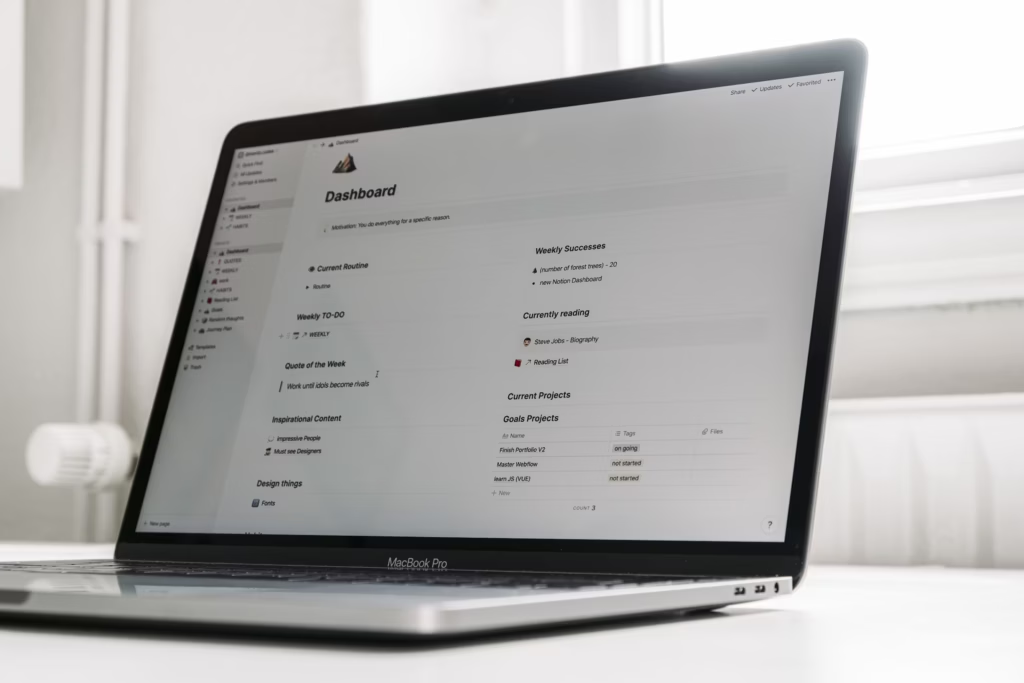Building Flexible, Integrated PRM Platforms
For most businesses, Partner Relationship Management (PRM) is a vital function, especially for those in SaaS, fintech, and enterprise services. PRM platforms must be made to support a wide range of interactions across sales, onboarding, support, and, most recently, marketing, while also integrating with internal systems for real-time data visibility.
Heroku is a platform building tool that provides the underlying infrastructure to build highly personalized, scalable PRMs that align with these complex requirements.

Extending Salesforce Experience Cloud
Salesforce Experience Cloud offers out-of-the-box tools to manage partner portals and shared CRM views. But when more control is needed—over branding, app behavior, data models, or third-party integration, Heroku becomes an essential extension.
With Heroku, developers can create:
- Standalone partner tools that integrate into existing portals
- Custom interfaces designed for specific partner roles or tiers
- Embedded analytics dashboards and deal management systems
This setup allows organizations to deliver an Experience Cloud implementation that reflects specific operational logic rather than forcing partners to adapt to rigid structures.
Case Snapshot: Rebuilding a Global PRM Portal at Scale
A major global CRM provider needed to modernize its partner portal, which supported thousands of consulting and AppExchange partners worldwide. Using Heroku in combination with Salesforce Experience Cloud, the new platform was re-engineered to improve usability, reliability, and data visibility across its ecosystem.
Key components included:
- Rebuilding the portal with Lightning Web Components and Heroku for greater scalability and interface flexibility
- Enhancing MuleSoft APIs to give partners access to certifications, credentials, and progress tracking
- Developing a Partner Scorecard and Metrics feature to track actionable data from multiple internal systems
- Launching an Org Picker tool to reduce friction for multi-org access
- Integrating Slack-based support and in-platform AI tools for real-time responses and accessibility
Tangible Outcomes
- 16% increase in lead submissions in the first quarter after launch
- 45% decrease in login-related issues thanks to the new Org Picker tool
This implementation illustrates how Heroku enables not just structural enhancements but measurable improvements to partner performance and engagement.
Custom Applications and APIs
Heroku’s flexibility supports building APIs and applications that extend the reach and functionality of a PRM platform. For example, businesses can:
- Automate referral tracking across partner tiers
- Expose customized product configuration tools
- Connect to internal ticketing, knowledge base, or marketing systems
Each application is deployed independently and can be updated on its own development lifecycle. This modularity means new services can be introduced without disrupting the broader PRM experience.

Real-Time Sync with Salesforce
Heroku Connect enables real-time, bi-directional sync between Salesforce and Heroku Postgres. This is critical in PRM environments, where timing and data accuracy affect revenue and support outcomes.
Typical implementations include:
- Syncing lead and deal registrations
- Reflecting partner contributions to sales opportunities
- Pushing learning progress from partner enablement systems
This ensures that partner actions are immediately visible to internal teams, improving response time and coordination.
Role-Based Access and Security
Heroku apps integrate with Salesforce Identity and SSO, allowing for unified login and role-based access control. Partners can move between tools, portal, training platform, support dashboard, without logging in multiple times or encountering conflicting permissions.
This reduces onboarding friction and limits the administrative overhead of managing separate credential systems.
Performance and Scalability
Heroku allows organizations to allocate resources dynamically, ensuring partner portals remain responsive during usage spikes. Performance monitoring is supported via native Heroku Metrics and external tools.
The system architecture may include:
- Heroku Postgres for transactional data
- Redis for managing state and activity queues
- Background workers for lead processing and reporting
This makes it possible to serve large partner networks without degrading the user experience.
Flexible Front-End Development
Heroku doesn’t restrict front-end technologies, so developers can use any JavaScript framework or rendering method best suited to the use case. This is particularly useful when building dashboards, product catalogs, or embedded forms with custom logic.
Changes can be deployed quickly without waiting for Experience Cloud updates or navigating limitations in templated UI builders.
PRM Built to Fit
Heroku enables the development of Partner Relationship Management systems that match the complexity and scale of modern partner ecosystems. It supports flexible architectures, real-time integrations, and extensibility across development languages and services.
Oktana has deep experience designing and implementing PRM solutions using Heroku and Salesforce. As a Heroku partner, we help teams build tools that support their partners with the same quality and agility they apply to their customer platforms.
Contact us to explore how we can help improve your PRM system using Heroku.



